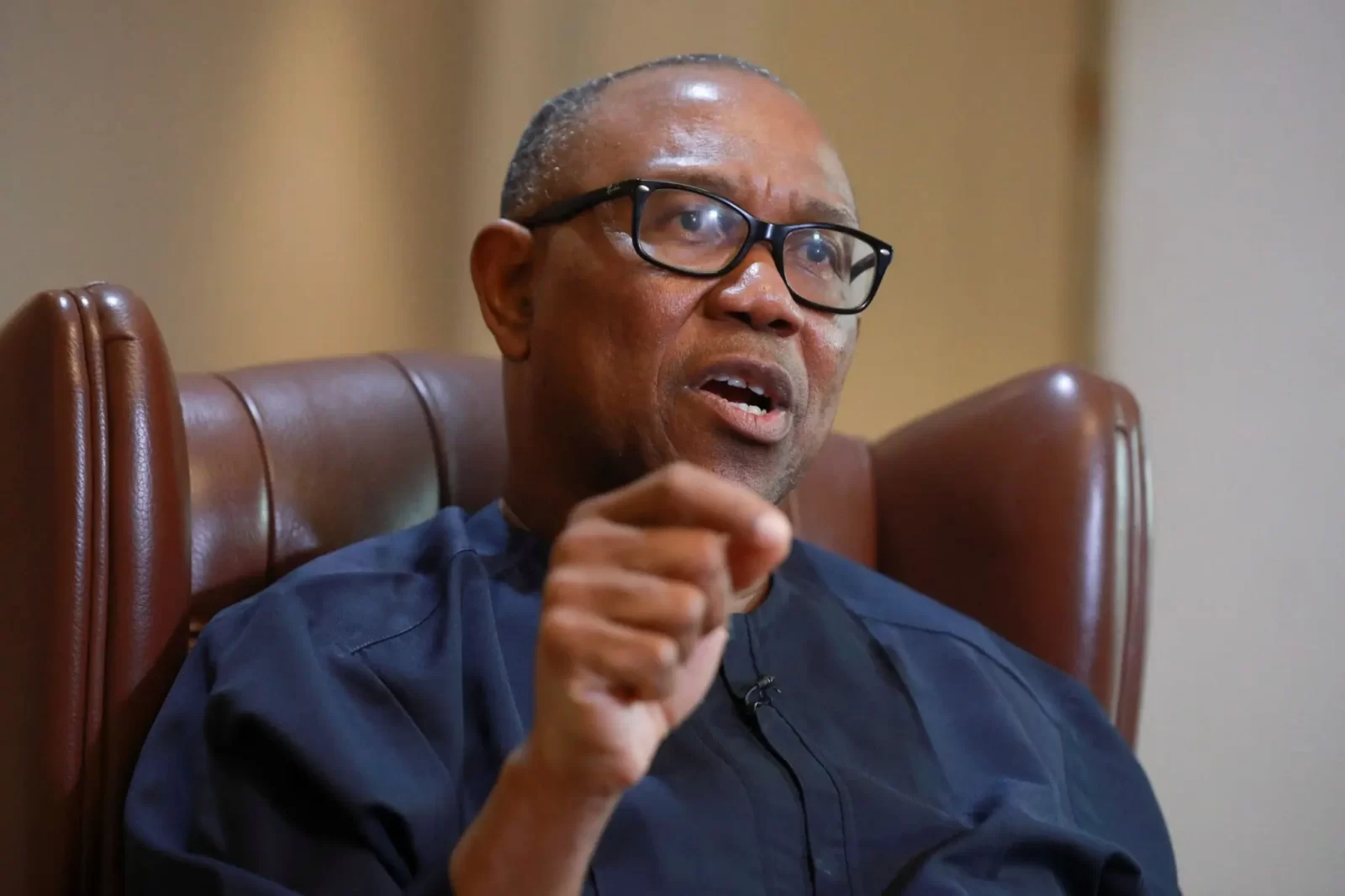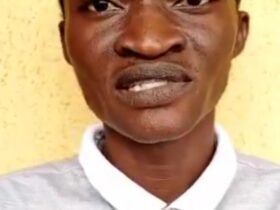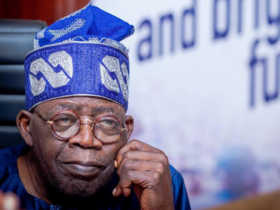
Peter Obi, 2023 presidential candidate for Labour Party, has said that Nigeria is lagging in crucial metrics vital to democratic governance.
Obi said this during an interview with ARISE NEWS on Wednesday, as Nigeria marks 25 years of unbroken democracy amidst Bola Tinubu’s first year in office.
According to him, in assessments of democracy indices, Nigeria ranks low across multiple fronts. In the hunger index, Nigeria stands at 109 out of 124 countries, reflecting a concerning level of food insecurity. Similarly, in the corruption index, Nigeria’s position is 145 out of 180 nations, indicating pervasive challenges in combating corruption.
He said, “If you measure democracy, you look at the hunger index, Nigeria is 109 out of 124 countries. In the corruption index, we are 145 out of 180.”
Furthermore, he highlighted that the importance of law and order in fostering democratic stability cannot be overstated. He stated that Nigeria ranks at a lowly 120 among countries measured for law and order, suggesting significant room for improvement in this critical area.
“When you look at law and order, which is an important asset that drives democracy, we are very low. We are 120 overall countries measured. We are low on everything. “
Obi added that the electoral process, a cornerstone of democratic practice, also faces scrutiny. Recent elections have been marred by irregularities and allegations of fraud, contrasting sharply with experiences in other nations such as South Africa, India, and Mexico.
READ ALSO: “We Should be Celebrating State Capture, not Democracy,” Peter Obi Calls for Restructuring
In these comparable countries, election results were smoothly transitioned electronically, with all parties accepting the outcomes. However, in Nigeria, reports abound of voter disenfranchisement and fraudulent activities casting shadows over the electoral process.
His words, ” Even in the electoral process, we are very low. Let’s take a look at the recent election in Nigeria in comparison to South Africa, India and Mexico. In these three countries, results were transmitted electronically without hitches, and every party accepted the results. People who voted in India were three times Nigeria’s population. But in our own case, many were prevented from voting, with all sorts of fraud.
“There are things we need to reexamine and ask how to set them right for our future generations,” he added.









Leave a Reply